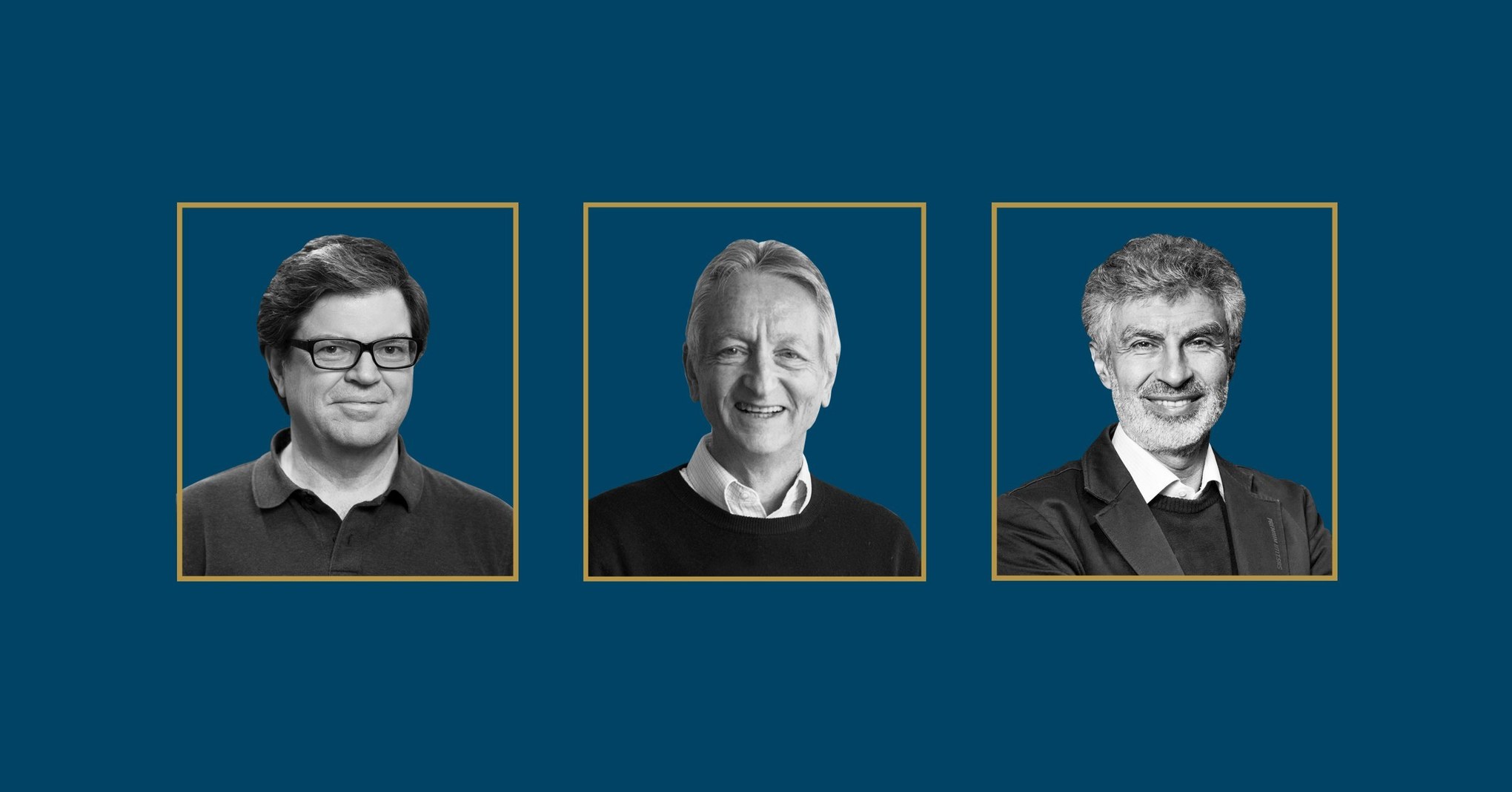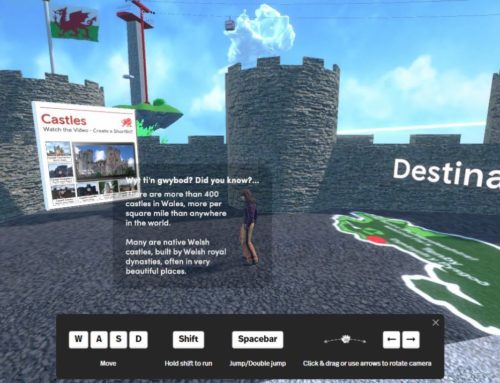The three have gone in different directions, but they remain collaborators and friends. Asked whether they will deliver the traditional Turing Award lecture together, Hinton raises chuckles by suggesting Bengio and LeCun go first so he can give his own lecture about what they got wrong. Does that joke reflect the trio’s typical working dynamic? Hinton says no at the same time LeCun good-naturedly answers yes.
Despite deep learning’s many practical successes, there’s still much it can’t do. Neural networks are brain-inspired but not much like the brain. The intelligence that deep learning gives computers can be exceptional at narrowly defined tasks—play this particular game, recognize these particular sounds—but isn’t adaptable and versatile like human intelligence.
Hinton and LeCun say they would like to end the dependence of today’s systems on explicit and extensive training by people. Deep learning projects depend on an abundant supply of data labeled to explain the task at hand—a major limitation in areas such as medicine. Bengio highlights how, despite successes such as better translation tools, the technology is not able to actually understand language.
None of the trio claim to know how to solve those challenges. They advise anyone hoping to make the next Turing-winning breakthrough in AI to emulate their own willingness to ignore mainstream ideas. “They should not follow the trend—which right now is deep learning,” Bengio says.
Sourced through Scoop.it from: www.wired.com







Leave A Comment